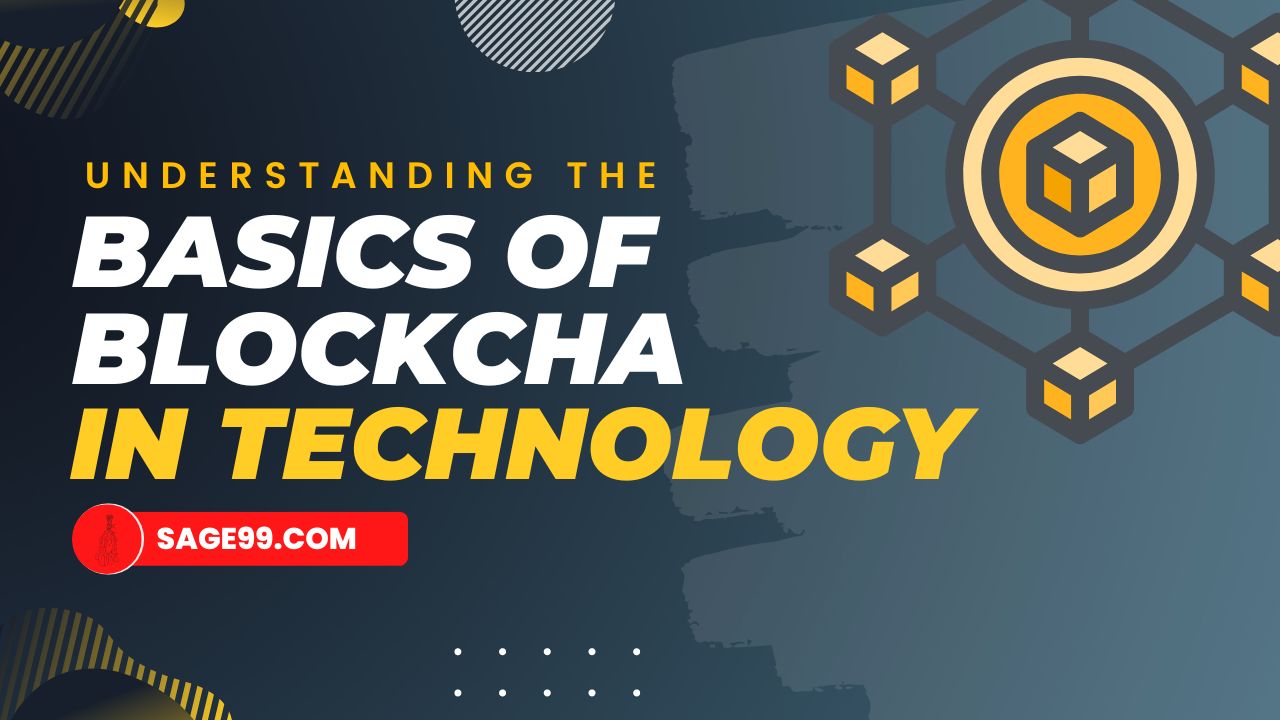Blockchain technology has become a buzzword in the tech world in recent years and for a good reason. It has the potential to revolutionize the way we store and exchange data, enabling secure, transparent, and tamper-proof transactions. In this article, we will explore the basics of blockchain technology and its potential applications in various industries.
What is Blockchain Technology?
At its core, blockchain technology is a decentralized, digital ledger that records transactions in a secure and transparent manner. Unlike traditional databases, which are controlled by a central authority, blockchain operates on a distributed network of computers, known as nodes, which work together to validate transactions and maintain the integrity of the ledger.
Each block in the chain contains a set of transactions, and once a block is added to the chain, it cannot be altered or deleted. This makes blockchain an immutable and transparent system that can provide increased security and trust in digital transactions.
How Does Blockchain Work?
Blockchain technology uses advanced cryptography to ensure the security and integrity of transactions. Each transaction is validated by a network of nodes, and once it is verified, it is added to a block. The block is then added to the chain, and a unique digital signature is created to ensure that the block cannot be altered or deleted.
To prevent fraudulent activity, each node on the network has a copy of the blockchain, and all transactions must be verified by a majority of nodes before they can be added to the ledger. This makes blockchain technology highly secure and resistant to attacks.
Potential Applications of Blockchain Technology
Blockchain technology has the potential to transform various industries, including finance, healthcare, supply chain management, and more. Here are some of the potential applications of blockchain technology:
- Digital Identity Management: Blockchain technology can provide a secure and decentralized way to manage digital identities, reducing the risk of identity theft and fraud.
- Smart Contracts: Smart contracts are self-executing contracts that can be programmed to execute automatically when certain conditions are met. They can be used to automate various processes, including supply chain management, insurance claims, and more.
- Decentralized Finance: Decentralized finance, or DeFi, is a growing trend in the financial industry that uses blockchain technology to provide financial services without the need for intermediaries.
- Supply Chain Management: Blockchain technology can provide increased transparency and traceability in supply chain management, enabling companies to track the movement of goods and reduce the risk of fraud and counterfeiting.
Conclusion
Blockchain technology has the potential to transform the way we store and exchange data, providing increased security, transparency, and trust in digital transactions. As the technology continues to evolve, we can expect to see more innovative use cases in various industries. By understanding the basics of blockchain technology, we can prepare ourselves for the future of business and stay ahead of the curve.

